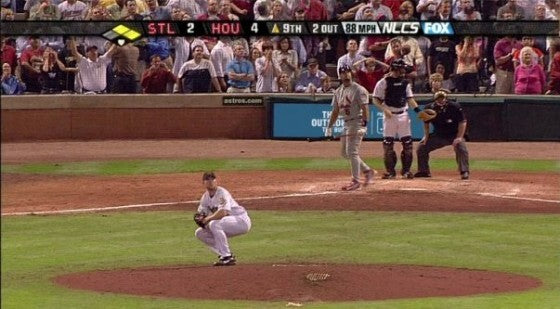Two Points isn't Two Points

While listening to the latest episode of Sportsfeld (a fantastic podcast for anyone interested in sports, music, or anything Toronto), the Zubes referred to Kawhi Leonard's ability to know when "two points is not two points."
This itself is referring to a quote from LeBron James during his days of regularly and repeatedly crushing the Toronto Raptors playoffs hopes. A score at a key moment in the game, especially a huge dunk or soul-crushing fadeaway can feel to the opposition like putting 10 on the board instead of 2.
I've always been fascinated with the concept of high leverage situations in sports like baseball (cf. Win Expectancy, Run Expectancy or Win Probability Added) and tennis (with concepts like "the big points") where some plays or points, fundamentally worth the same amount as other plays, clearly have an outsized impact on the game, extending beyond just the incremental point(s) added.
Going through an inordinate amount of life changes in the past 6 months, I've been reflecting on what one might consider a high leverage situation in life. There are obvious moments - job interviews, marriage, children, death (your own or others, but especially your own) - but these moments tend to be the outcome of the real "high-leverage situation" decision or action that took place in the weeks, months, or even years prior.
Being able to actually trace the effect a single conversation, phone call, or email can have on the direction of your life is (to me, noted simpleton) an eye-opening experience.
Our lives are not like a baseball game or tennis match, with expected outcomes determined using a dataset of tens of thousands of game states and situations that naturally and gradually increase in leverage as the game moves into the later stages. Very few people, if any, have lives that follow a defined path or trajectory from start to finish (and I reckon those that do are equally likely to be miserable as happy). Instead, we have extremely high leverage situations peppered in to the most seemingly random of moments.
For someone like me, beginning to develop the ability to identify the high-leverage situations as they're occurring is undoubtedly very important, but I believe it pales in importance compared to the idea of actually creating as many high-leverage situations as possible. This is the luxury of life compared to a baseball game; in baseball, the game situation and leverage is dictated to you by factors almost entirely out of your control. But in life, you get to make the decisions about what can happen. Meet as many new people as you can, be as helpful as you can, try as many new things as you can, or go to as many new places as you can, because you never know when any of those moments will let you put a 10 on the board.
And the great thing I'm learning about life compared to a baseball game - even if you fail in those high-leverage situations, you'll still never lose.

Matt Griffith
Author